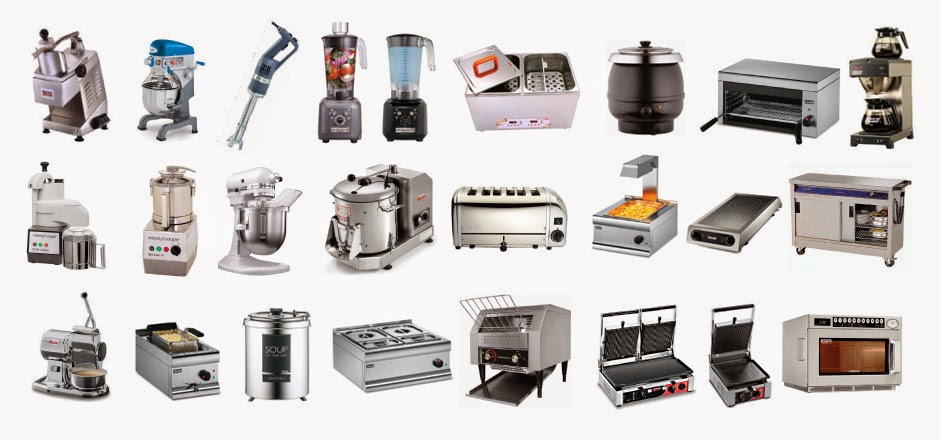Most catering equipment in the UK will last for years before it requires replacing. That time must come sooner or later, though. You have to prepare for the time when your commercial catering equipment will require replacing. However, how you react will influence how much disruption you will have to deal with.
Let uslook at what your plan of action should be in the event of a breakage.
Let uslook at what your plan of action should be in the event of a breakage.
Is the Equipment Actually Broken?
It is easy to overreact when something goes wrong. Many businesses have determined that they require completely new equipment when the simplest of repairs could make everything right again. Purchasing a replacement should be a last resort when you are certain you cannot salvage what you already have.
Take the equipment and attempt to pinpoint the problem. Send it to a qualified repair person who can check it over for you. They will be able to give you an accurate diagnosis of the issue.
Repair or Replace?
You will have to make a decision as to whether it is worth repairing equipment or replacing it. Sometimes it’s not worth paying for the repairs. Older catering supplies in the UK will breakdown more and more often. If you are repairing something multiple times per year, you are wasting money.
As a business, it is tempting to try to avoid buying a replacement for as long as possible. After all, nobody wants to spend a significant amount of money on new equipment. The fact of the matter is paying more now could well save you money in the long-term.
The Duration
There is more to this than the actual monetary cost. You have to consider how long it’s going to take you to get a replacement in or to complete the repair work. As a business, you are hamstrung each time something goes wrong. It is essential you turn the situation around as soon as you possibly can.
At this point, you need a contingency plan in place. Here are some of the points you will have to consider:
1) Do you need to notify your clients of what has gone wrong?
2) Will you have to completely reorganise your schedule?
3) In the absence of a piece of equipment, is it possible to work around the problem in the short-term?
Remember, a piece of broken equipment is a matter for both your business and the people you are working for. The best businesses handle matters in the right way by making sure their clients come first.
Conclusion
Dealing with a repair can be a daunting experience. You have to react in the correct way if you are going to make the best of a bad situation. Whenever something breaks, assess the situation and see whether you need to repair the equipment or replacement. When you have determined this, focus on the short-term and how you are going to work around any potential obstacles.
Notify your clients of the changing situation, if necessary. Moreover, make it clear that you are doing the best you possibly can. By acting professionally at all times, you can make sure your business preserves its reputation and gets through this difficult time.

No comments:
Post a Comment